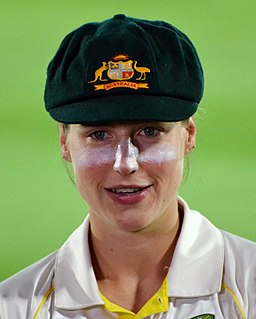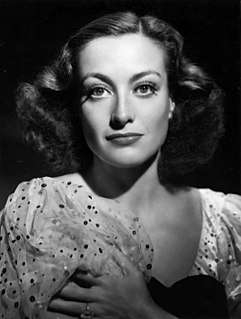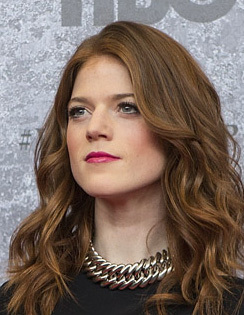A Quote by Brad Goreski
As an Old Navy style attendant, I'm all about upgrading your bare basics and presenting them to your customer as basics you need to have in your wardrobe.
Related Quotes
After assessing what's in your closet, make a list of what you need. Not want, but need. Write down the basics missing from your wardrobe. It could be a classic white shirt, a trenchcoat, or the perfect little black dress. Whatever the blank spots, write them down. This will be your reference for shopping.
The size of your key ring is the size of your headaches. Si Redd once told me, "Every time you buy something you sell a piece of yourself." Why? Because you have to maintain it, to insure it, to worry about it. So the more you buy, the more you sell a piece of yourself and pretty soon you get so thin you can't do anything. So get rid of all those things and get back to the basics. Everybody has his own basics: it's what he enjoys. Si Redd told me I would "arrive" when I got down to one key. Still working on that!
1. Find your own style and have the courage to stick to it. 2. Choose your clothes for your way of life. 3. Make your wardrobe as versatile as an actress. It should be able to play many roles. 4. Find your happiest colours - the ones that make you feel good. 5. Care for your clothes, like the good friends they are!
Working on camera is a different ballgame in the sense that it's far more intimate work, but the basics and the foundations of being able to create something that isn't necessarily your own instincts - is a character that you have inside your head - whether you're talking about television or film or theater, that still has to be the grounding work.







































